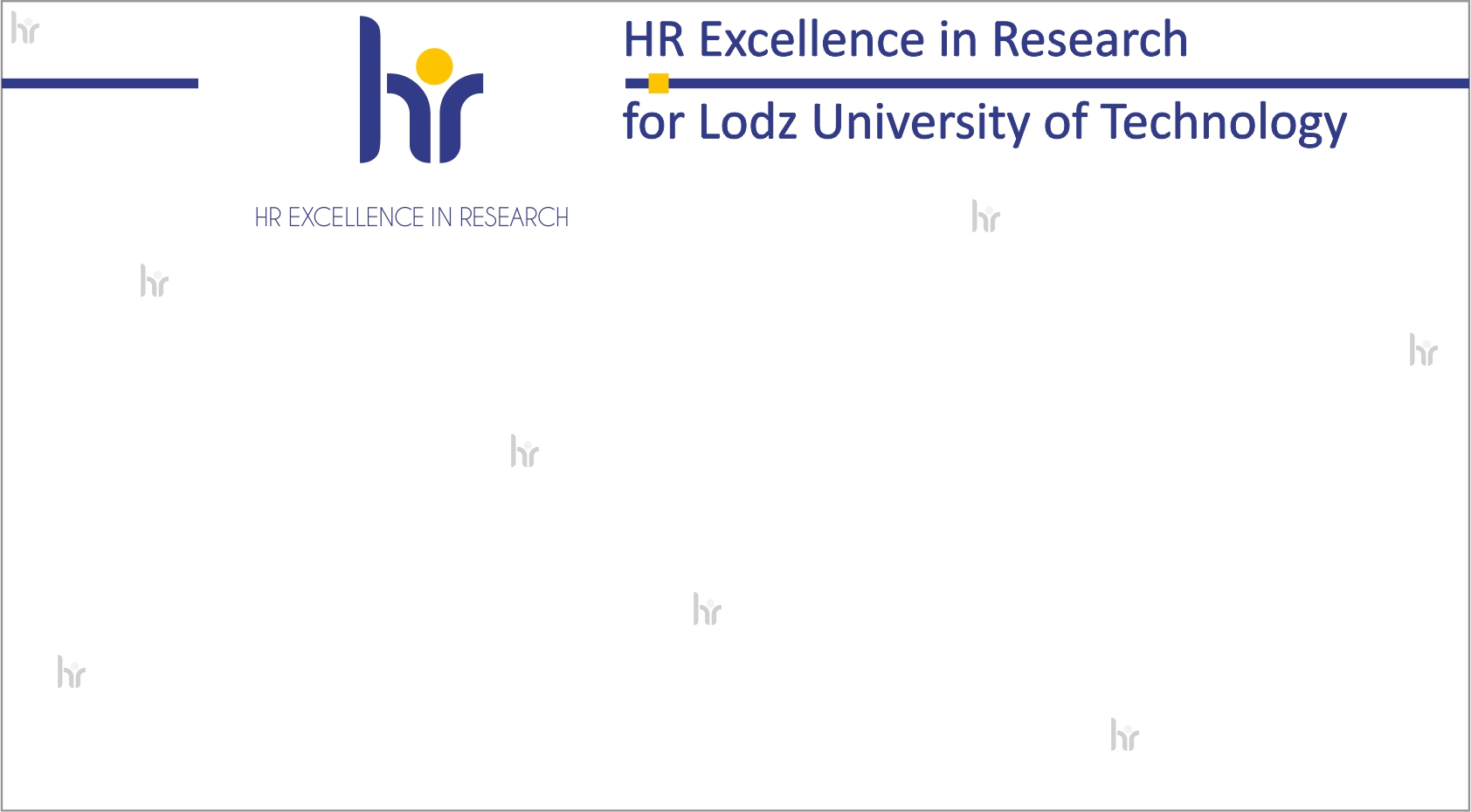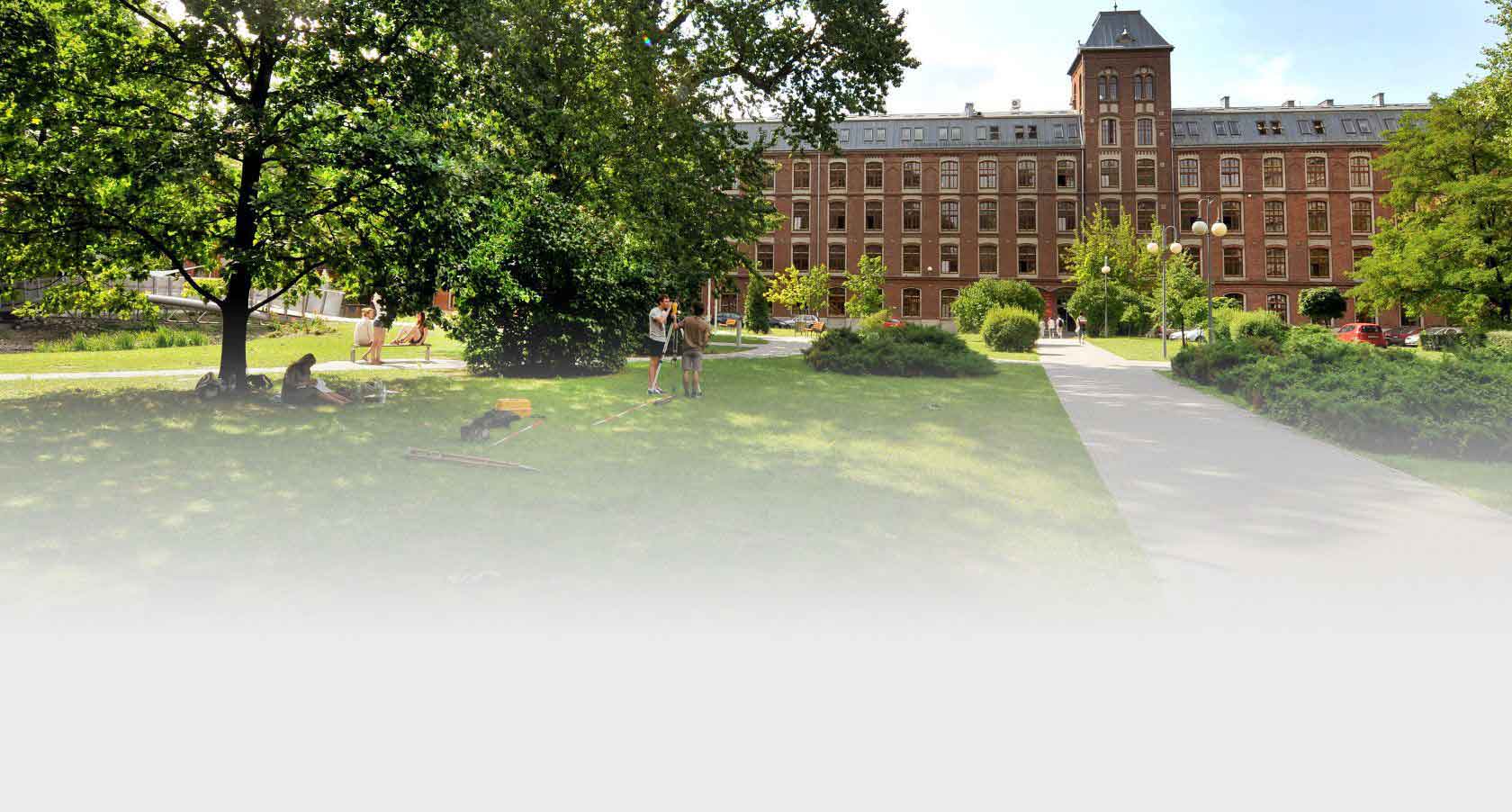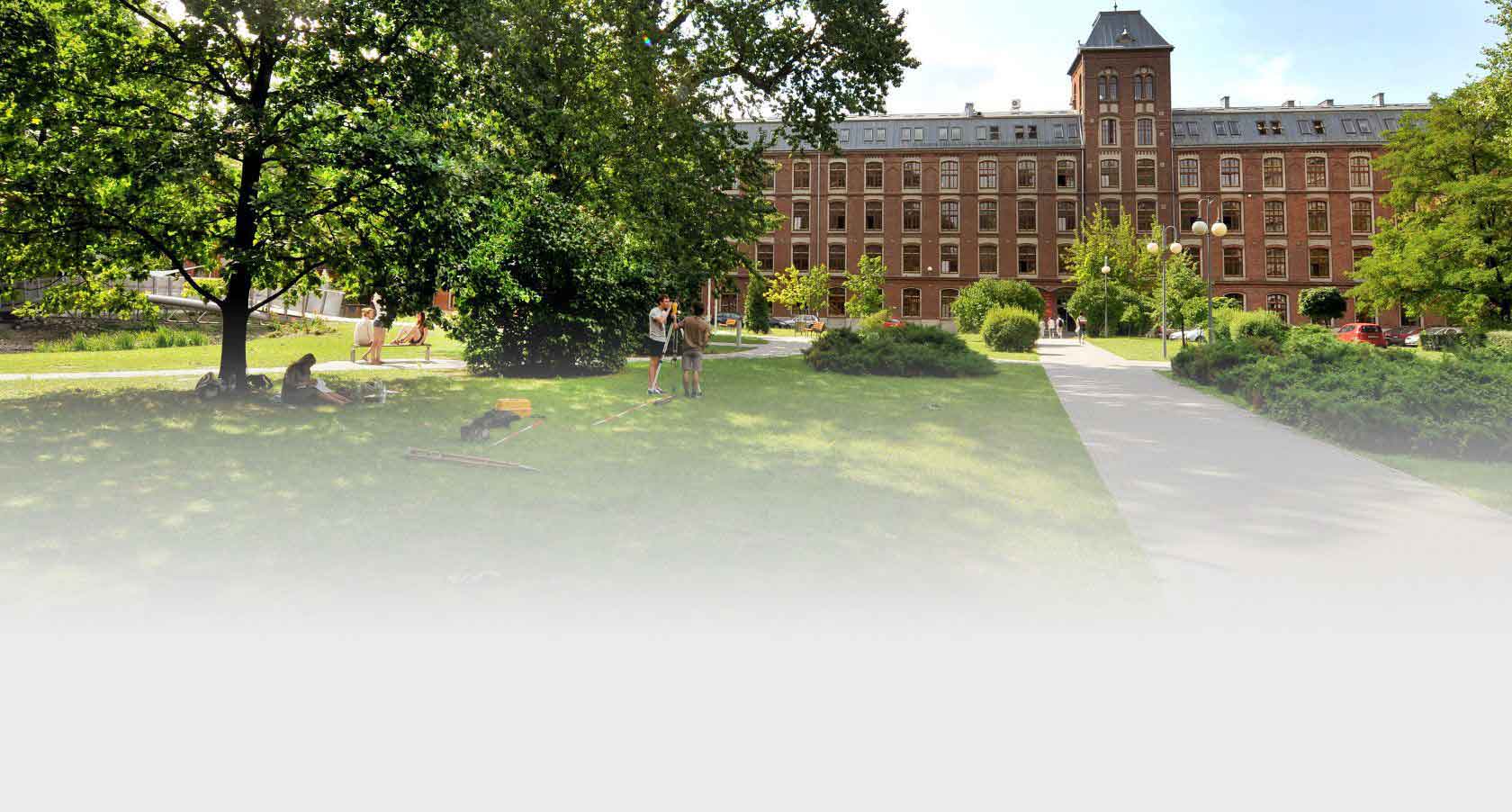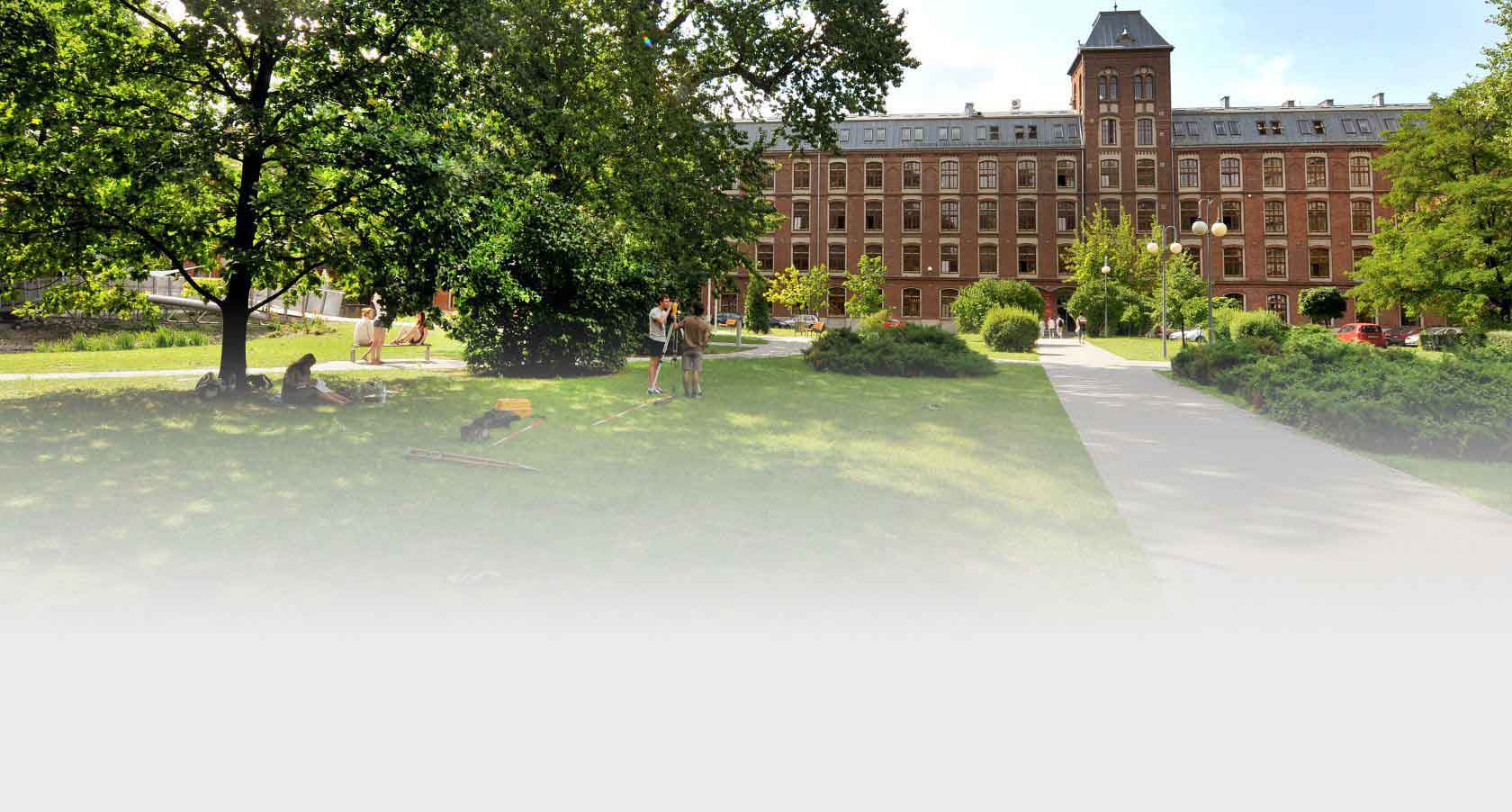









Who does a scientist work for?
The answer seems easy - for society. We must not forget that we do not work only for ourselves or for our superiors. People have given us their trust and the possibility to pursue our passion - in a way, we pay it back through our work. I think that our role as scientists does not come down only to doing research; it is also our task to inform about it. It is not easy because doing research demands that you focus sharply, try and fathom difficult concepts and deal with the formalism intelligible only to a narrow group of people. It is hard to take that formal hat off and convey the same meanings with plain and simple words.
Why should science be popularized?
By popularizing science, we show how our activity improves the quality of people's lives. However, making science popular is advantageous for scientists as well. Showing that what we do is meaningful and significant will make it easier for us to win support for new projects.
How do scientists benefit from that?
Advantages for researchers are quite tangible. Let's start with scientific publications. This area has been changing dynamically. In 1905, when Albert Einstein published his special theory of relativity, he did not include any citations as they were not necessary. About 80 papers in physics were published every week and all interested in the field knew what was going on in it. Today, in each domain of science, that many articles are written every hour. So it does not come as a surprise that nearly one third of them will never be cited. If you do not want to be in that group, you yourself need to take care to communicate what you do. Writing an article is only half of the job. The other half is to reach your audience. By increasing your audience, you increase your chances to get cited, to find research and industry partners for your future projects. Sir Francis Darwin said that in science acclaim did not always go to the one who was the first to have an idea but to the one who announced it to the world.
How do you encourage scientists to give mass appeal to their work?
I think it is about overcoming barriers. Competitions like three minute thesis that require young researchers to speak about their research in a captivating and original manner can be helpful. Realising not only the social need to talk about one's work but discovering its actual benefits that I have mentioned earlier is also of great importance.
In your work, you do research on compressors. How do you get people interested in the topic?
It all depends on who you talk to. You need to match your message to your audience. You will communicate differently with a professor during a conference, with a representative of another scientific discipline, a potential business-oriented investor, and still differently with a wider audience. The most important thing is not ever to hide your passion. As goes for compressors, it is not difficult - it is an exciting topic! It is useful to show how we all use them without realising it. One example would be aviation. I can tell you that the driving force for the field that we work in was the question why American army aircraft frequently crashed to the ground during the 1950s. The reason turned out to be the loss of compressor flow stability where compressors are the heart of each aircraft engine. And this brings us to the second reason why compressors are so fascinating. When we design them, we need to consider how the air will flow through it. In other words, we try to tame an element - and who would not want to be able to do it? And since elements are unpredictable by nature, we will be kept busy for many years to come.
What is the application of your research findings?
All machines that involve gas flow need to have a compressor. You may think of older generation vacuum cleaners which made a lot of noise once you covered their air inlet. Industrial compressors work in a similar way but their power is incomparably greater. Incidental blockage of their air inlet will not cause a lot of noise but rather their instant failure. We work on designing security systems that will detect such occurrences and, a few seconds before the failure, react. We rely on rapid detection of the phenomenon by recording pressure rates, and algorithms developed by our team.
How do you communicate to get the message across?
Genuine and uninhibited passion is the best way to find and captivate an audience. I also think that you cannot shy from various not only scientific forms of presentation. Additionally, it is crucial to match your communication to your audience. You need to be ready to talk about your research for half a minute, five minutes or twenty minutes depending on the requirements and circumstances of the presentation.
What possibilities does the Internet have to offer scientists?
Tremendous! And that is why it is important to use it in a deliberate way. You need to think about the goal you want to achieve before you start building your presence. I have observed scientists to take two polarised stances in this area: complete exclusivity where they present their CVs: achievements, awards, grants. The other extreme is full openness, which means actively taking advantage of social media, direct communication with wider audience including students. Each of these approaches has its advantages and disadvantages and that is why you need to find the space that fits you somewhere down the line where you feel at ease.
When you do scientific work in a very specialised field, you tend to deal with a hermetic group of people related to that field. The Internet is one of the ways you can step out of this environment and reach out to a wider audience. The mistake that scientists tend to make frequently is that their Internet communication looks as if it were intended for people from their own environment. The jargon they use narrows down the number of their interlocutors to people they will meet during conferences anyway. This way, they miss the great opportunity that the Internet offers.
Social media provide professionals with a lot of possibilities: LinkedIn, Twitter. Akademia.edu and ResearchGate and other academic networks help us reach other researchers outside our immediate environment.
It is worth being a scientist because ...
it is the best job in the world. All the time, I do what I love. What is more, I have the opportunity of working with many inspiring researchers and students. I can learn from them every day